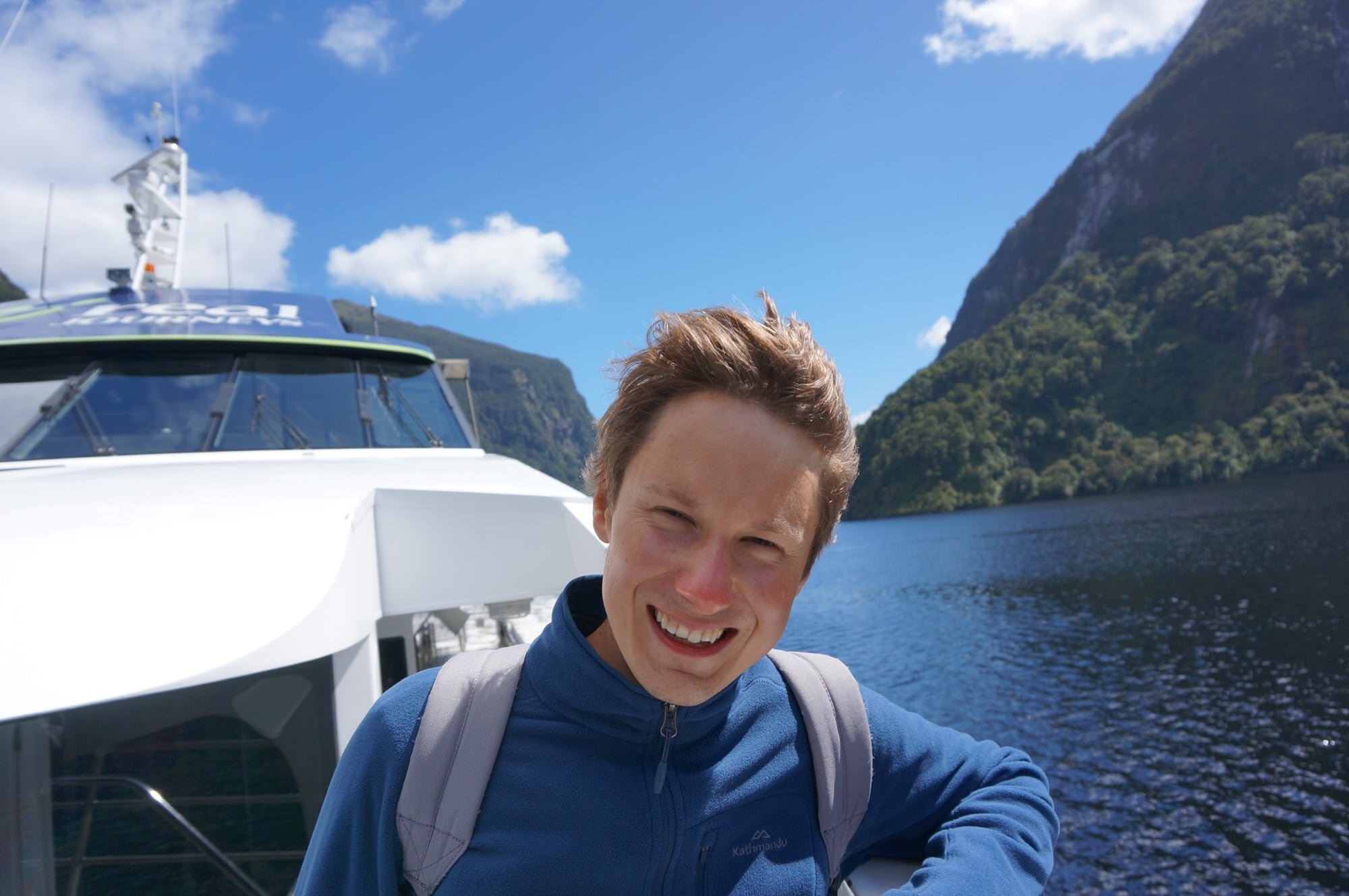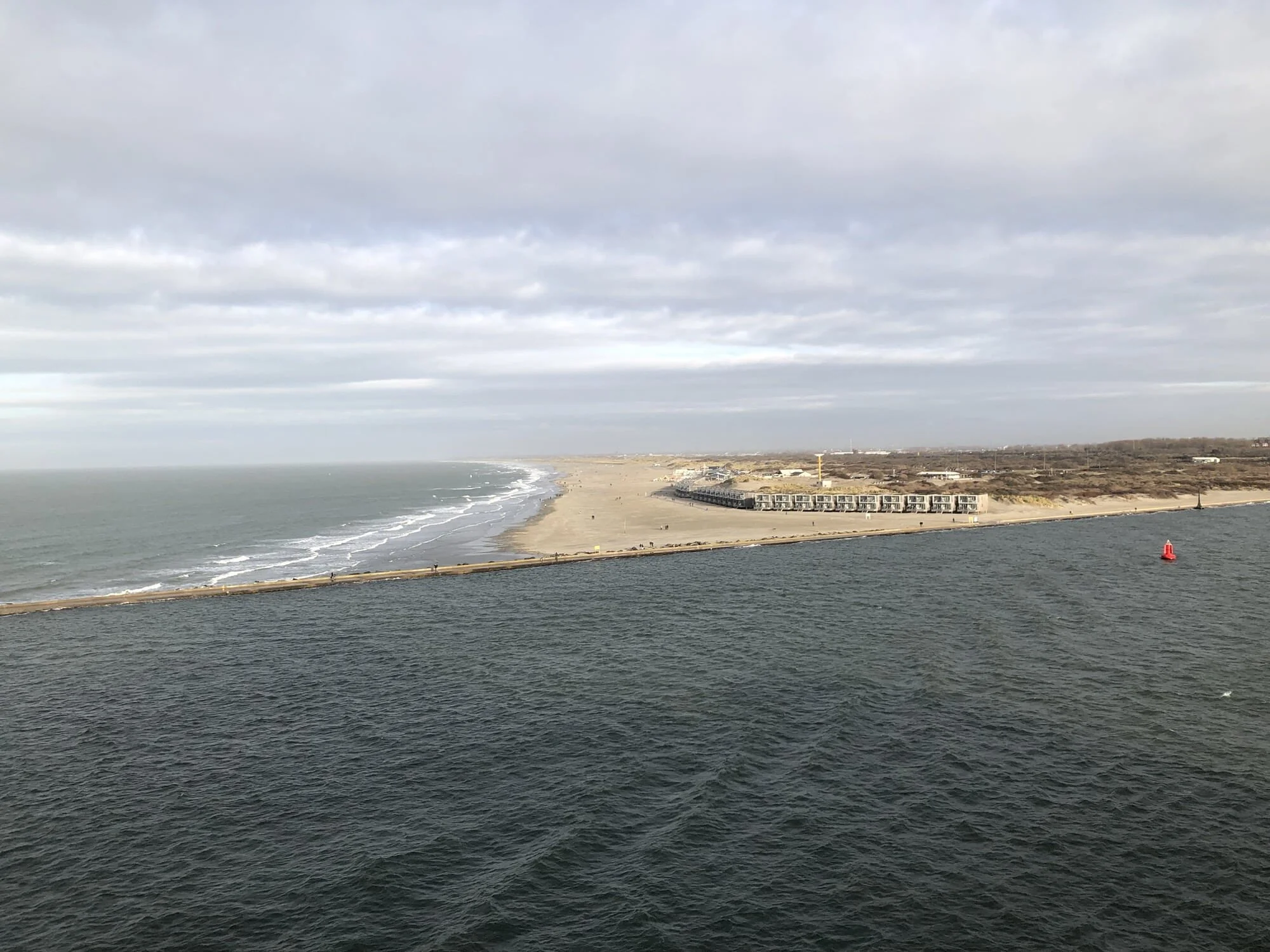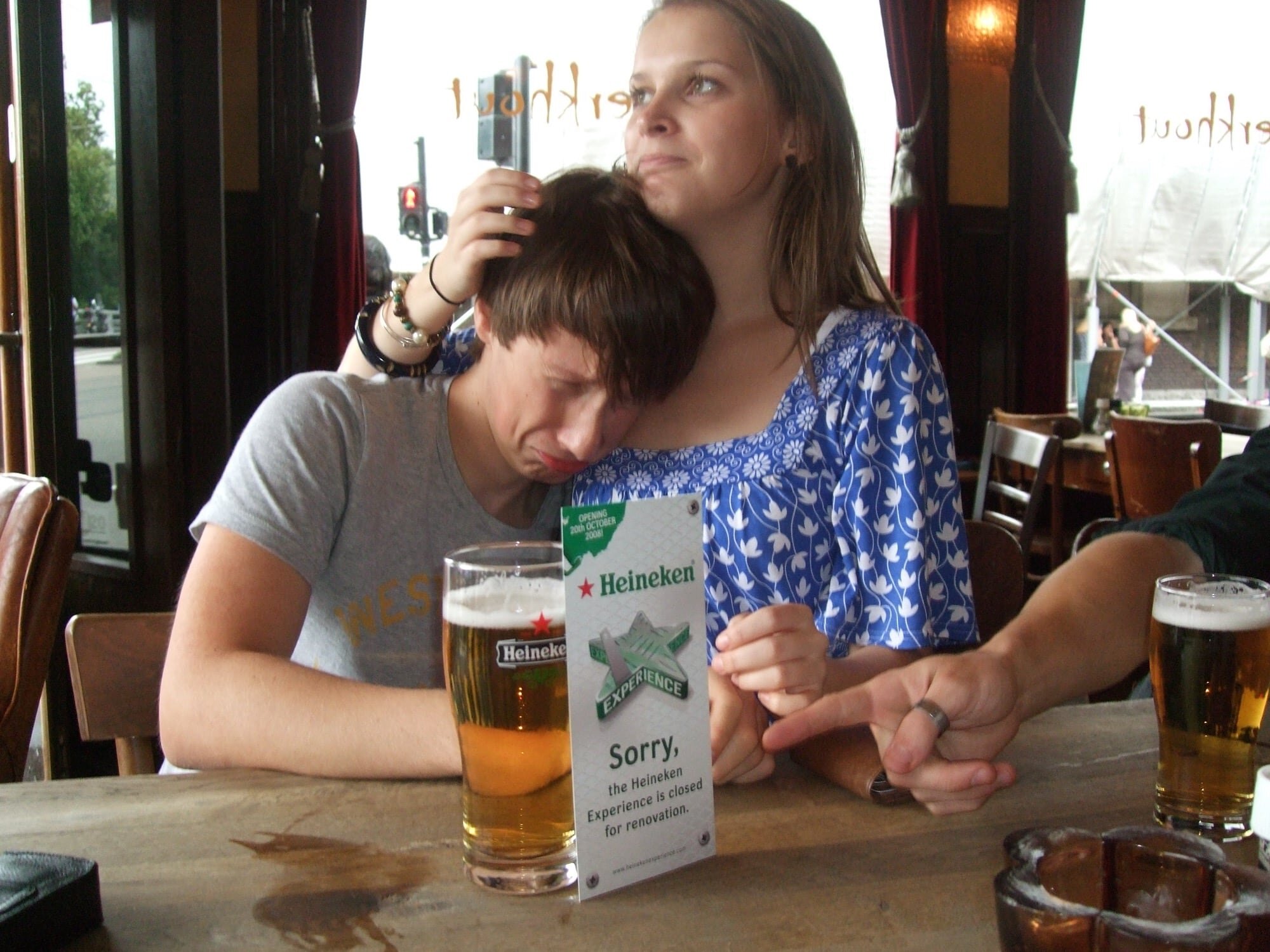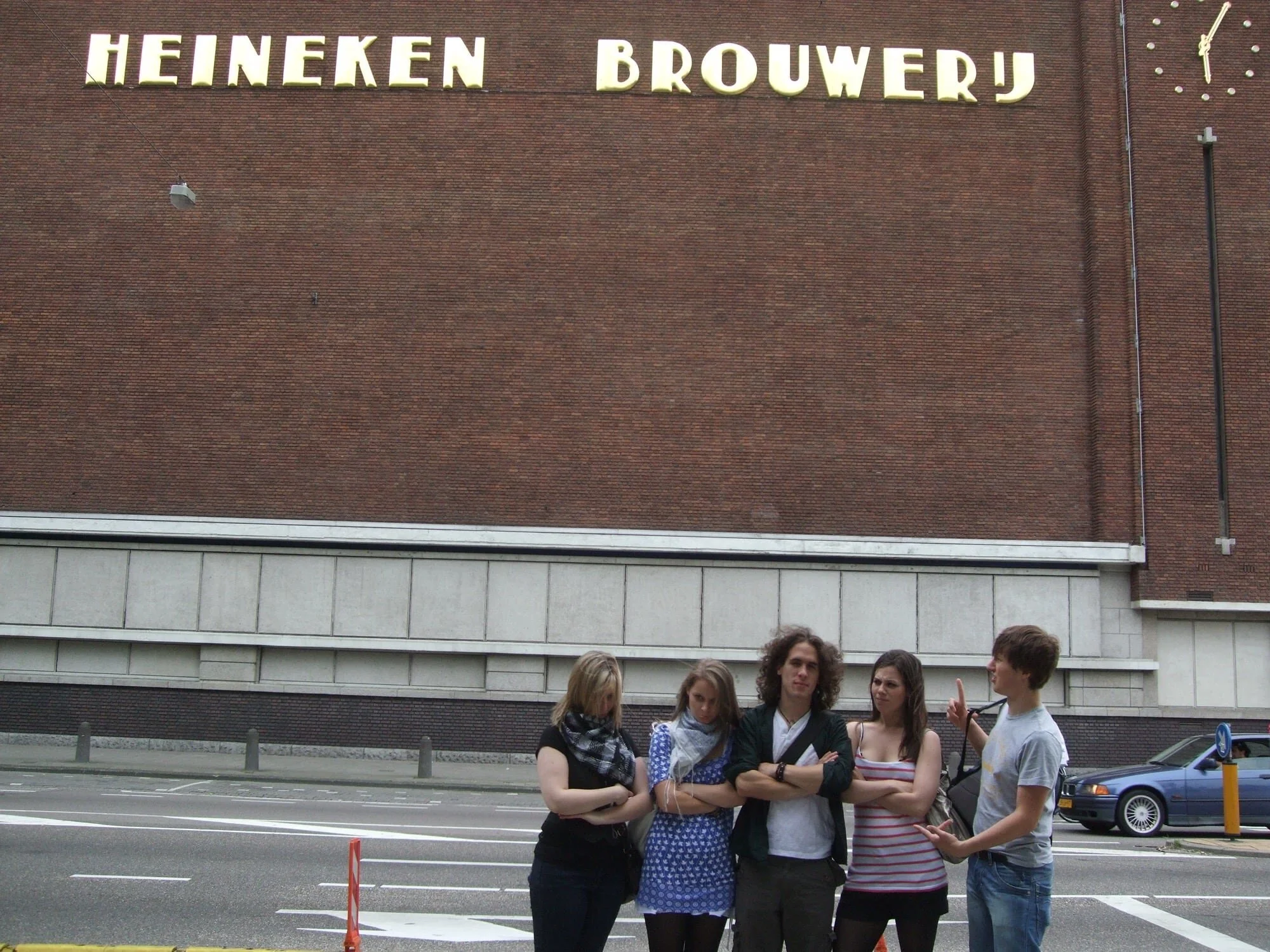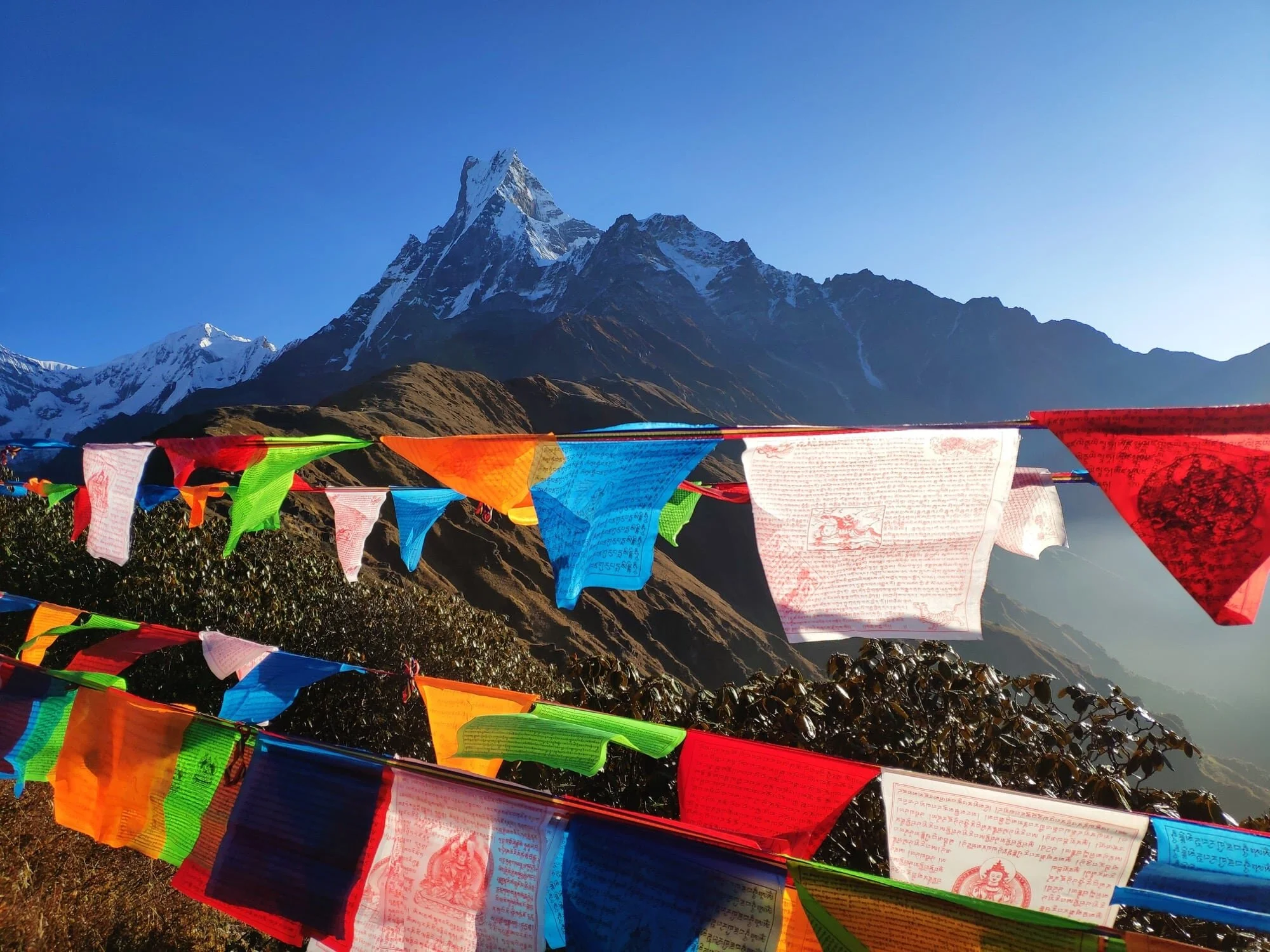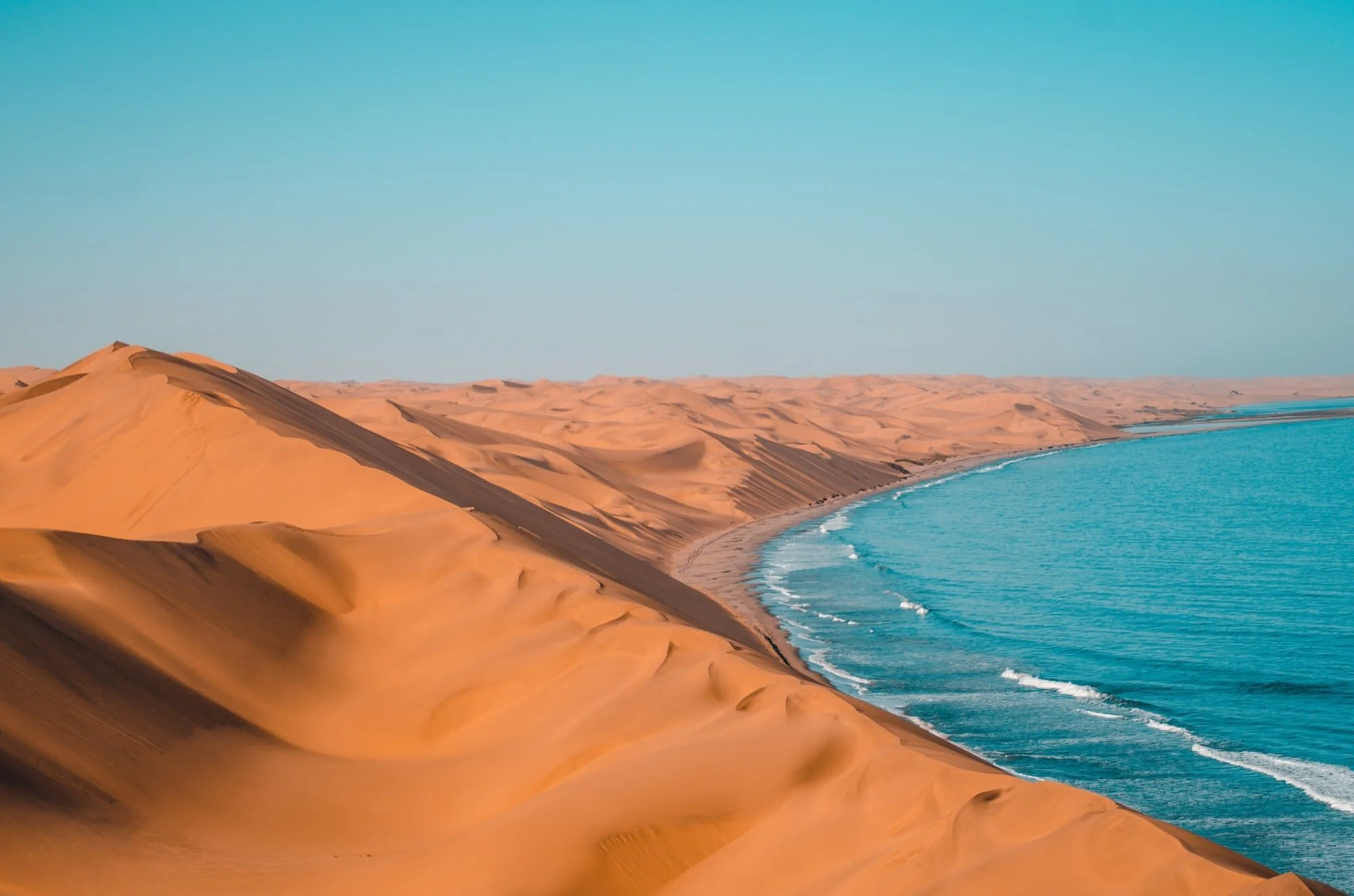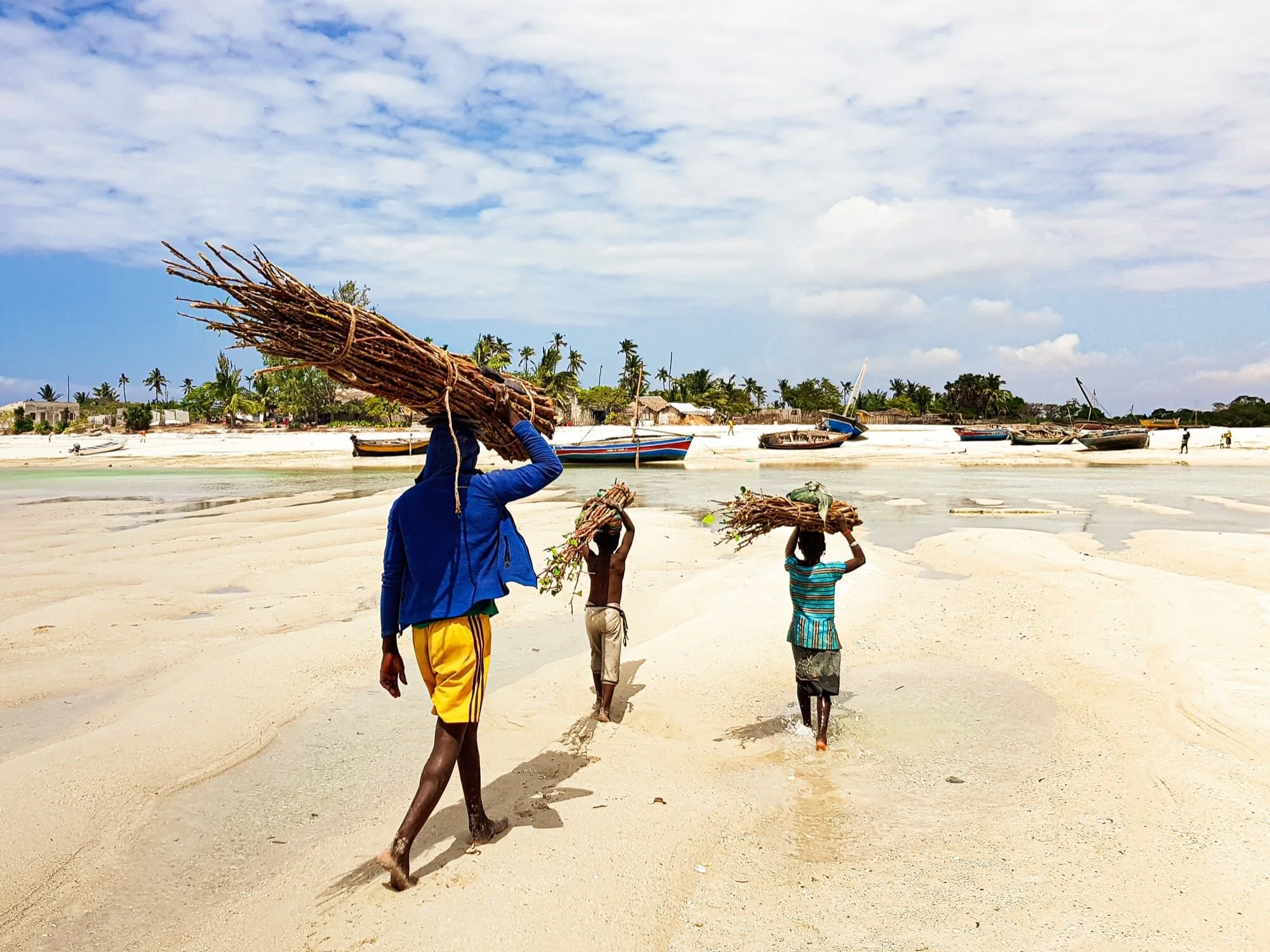Today we head to the tiny Pacific island nation of Nauru. I wasn’t expecting this, but Nauru is one of the most bizarre destinations we’ve visited so far on this journey.
Nauru is the third smallest country in the world behind Vatican City and Monaco and is the second least populous country with only around 10,000 people living there. This may be a useful piece of trivia, but it’s not the reason Nauru stands out. For that, we’ll have to start by covering a little of Nauru’s history.
Nauru was first settled by Micronesian people around 3000 years ago and then became a German colony during the 19th century, and as with yesterday’s destination, Namibia was administered by the League of Nations after World War One. In this case, it meant that Nauru was jointly administered by Britain, Australia and New Zealand.
Never missing a good business opportunity, these three nations noticed that Nauru is a phosphate-rock island. For any non-geologists, this means the entire island was once covered in bird poo, or “guano”. This humungous deposit of guano made Nauru the ideal place to mine phosphates for fertiliser or explosives. Mining started around the turn of the 20th century but exploded under Britain, Australia and New Zealand’s tenure.
By the time Nauru became a fully independent country in the 1960s mining had been so successful, Nauru had the second-highest GDP per capita of any country in the world. Sadly for Nauru, this was also a turning point. In 1964 it was estimated that the country would become uninhabitable by the 1990s. In response to this, Australia’s Prime Minister proposed relocating Nauru’s entire population to an island off the coast of Queensland.
However, the Nauruan’s refused, preferring to stick it out in a country that was rapidly becoming a desolate wasteland of stark-white limestone pinnacles.
While Nauruan’s kept their rightful homeland, there has been a stark consequence of this decision. The majority of Nauru is now covered with mine ruins meaning it’s almost impossible to grow crops. As a result the Nauruan diet largely consists of heavily processed, imported food. Today Nauru is the most obese nation in the World. The WHO estimates that 95% of Nauruan’s are overweight or obese.
After half a century of prosperity due to mining, Nauru is once again a poor country and is reliant on Australia for financial support. This brings us full circle to the other reason you may have heard of Nauru- it’s the emote Pacific island where Australia offloads asylum seekers.
Nauru really is the perfect cautionary tale of resource exploitation.

















